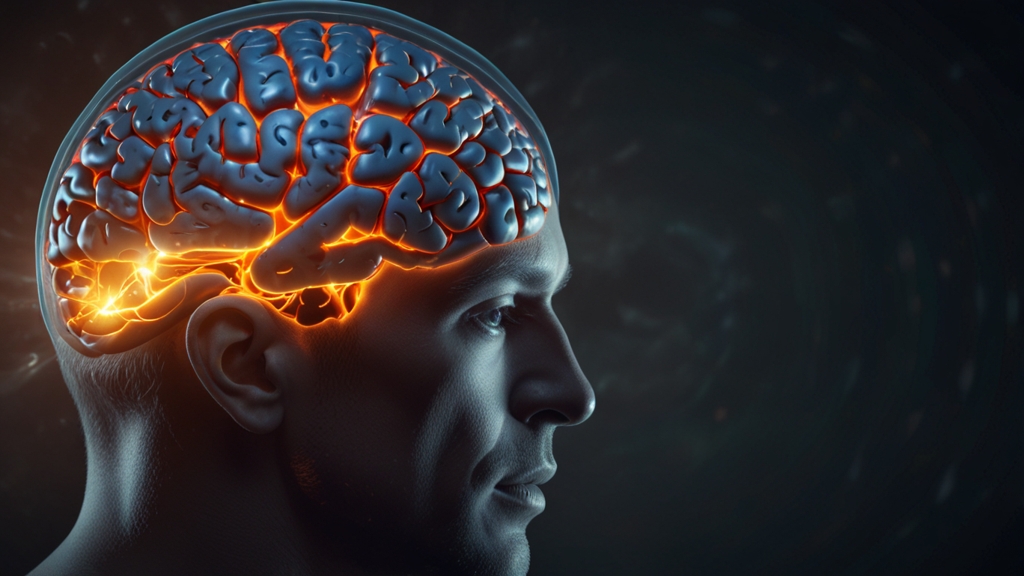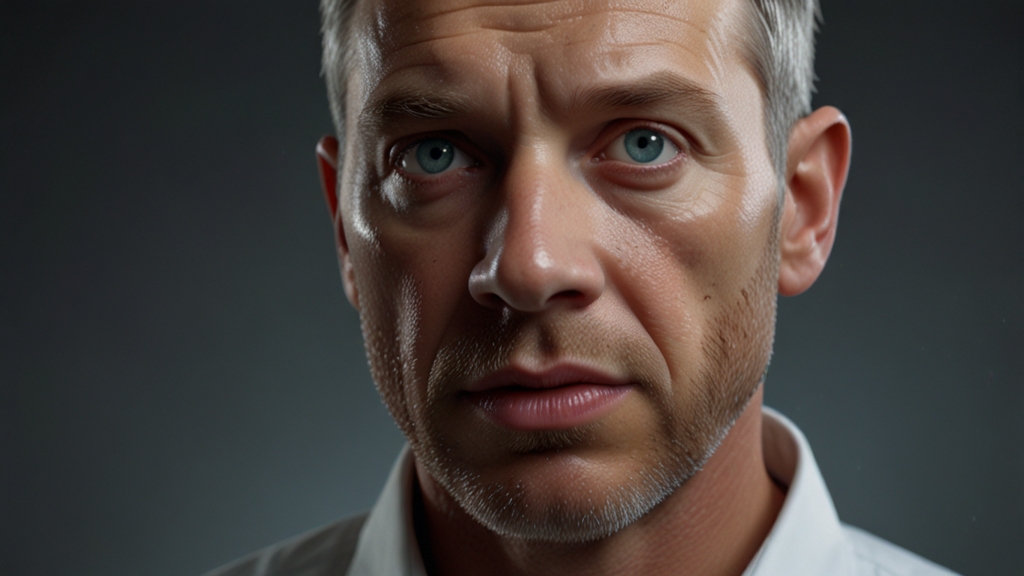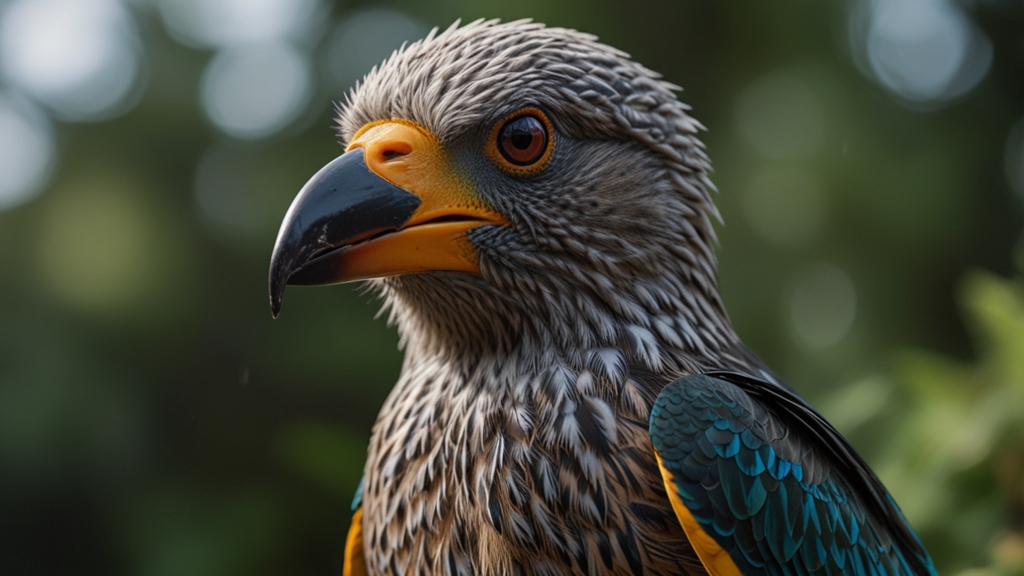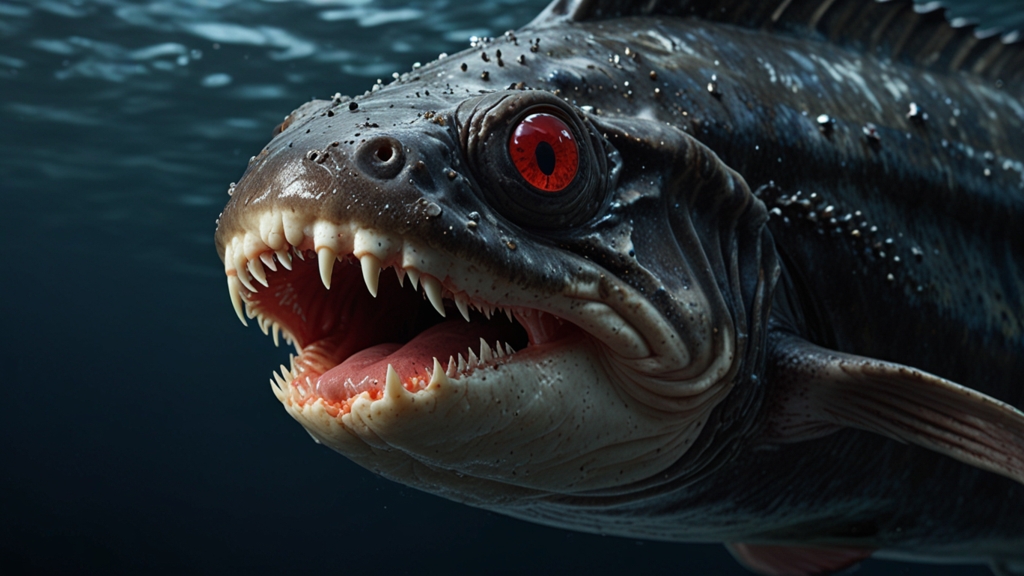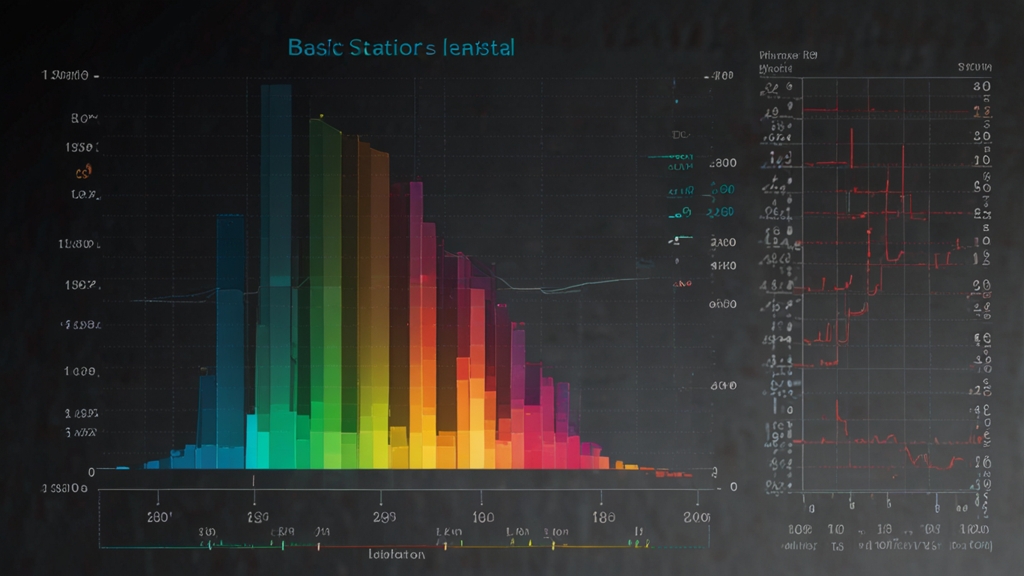Mysteries of the Brain: What We Still Don't Know About Consciousness
Understanding the human brain remains one of the most compelling challenges in science. Among its many enigmas, consciousness stands out as perhaps the most profound. Although we've made significant strides in neuroscience, the fundamental nature of consciousness—what it is, how it arises, and why it exists—remains elusive. This article delves into the persistent mysteries surrounding consciousness and highlights what science has yet to uncover.
What is Consciousness?
At its core, consciousness is the state of being aware of and able to think about one’s own existence, thoughts, and environment. It encompasses our experiences, emotions, and thoughts. Despite its ubiquitous presence in our lives, defining consciousness in scientific terms proves remarkably challenging.
The Hard Problem of Consciousness
Philosopher David Chalmers famously coined the term "the hard problem of consciousness," which refers to the difficulty of explaining why and how physical processes in the brain give rise to subjective experiences. While we have sophisticated tools to map brain activity and correlate it with certain experiences, these correlations do not explain why such brain activity results in the feeling of being aware.
"How can something as immaterial as consciousness arise from something as unconscious as matter?" — David Chalmers, Philosopher
Neural Correlates of Consciousness
One area of active research involves identifying the neural correlates of consciousness (NCC), which are the specific brain regions and activities associated with conscious experience. Tools like functional magnetic resonance imaging (fMRI) and electroencephalography (EEG) have advanced our understanding of which parts of the brain engage during different conscious states. However, these technologies only show us correlations, not causations.
Researchers have pinpointed key areas such as the prefrontal cortex and the thalamus that appear integral to conscious experience. But how these areas collectively contribute to a unified, coherent consciousness is still a topic of debate and investigation.
Theories of Consciousness
Several theories aim to explain consciousness, with each contributing valuable insights, yet none providing a complete understanding:
- Integrated Information Theory (IIT): This theory posits that consciousness arises from the integration of information within a system. The more information a system can integrate, the more conscious it is.
- Global Workspace Theory (GWT): According to this theory, consciousness is a result of the global integration of information in the brain, where data is shared between different functional areas, forming a 'global workspace.'
- Higher-Order Theories: These suggest that consciousness arises when a cognitive system can reflect upon itself, meaning that second-order mental states about first-order mental states produce conscious experience.
"The problem is not just to understand consciousness but to understand consciousness in a way that makes it part of the natural world." — Daniel Dennett, Cognitive Scientist
Unresolved Questions
Despite these theories, numerous questions remain unanswered. Among them are:
- Qualia: Why do we have qualitative experiences? Why does the perception of a rose invoke a specific smell and visual experience?
- Animal Consciousness: To what extent are non-human animals conscious? Do they experience the world in a way similar to humans?
- The Mind-Body Problem: How do physical processes in the brain translate to the subjective experience of the mind?
- Artificial Consciousness: Can machines ever achieve consciousness? If so, what would that entail?
Conclusion
Consciousness is undeniably one of the greatest mysteries of the human experience. The quest to understand it bridges multiple disciplines, including philosophy, neuroscience, psychology, and artificial intelligence. While significant progress has been made, the journey is far from complete. The continuing exploration of consciousness not only promises to unravel the intricacies of the human mind but also to deepen our understanding of existence itself.
"Consciousness is the greatest mystery. It might be the largest outstanding obstacle in our quest for a scientific understanding of the universe." — Christof Koch, Neuroscientist
As we forge ahead, the mysteries of the brain will undoubtedly continue to challenge, surprise, and inspire us, shedding light on what it means to be truly conscious.
